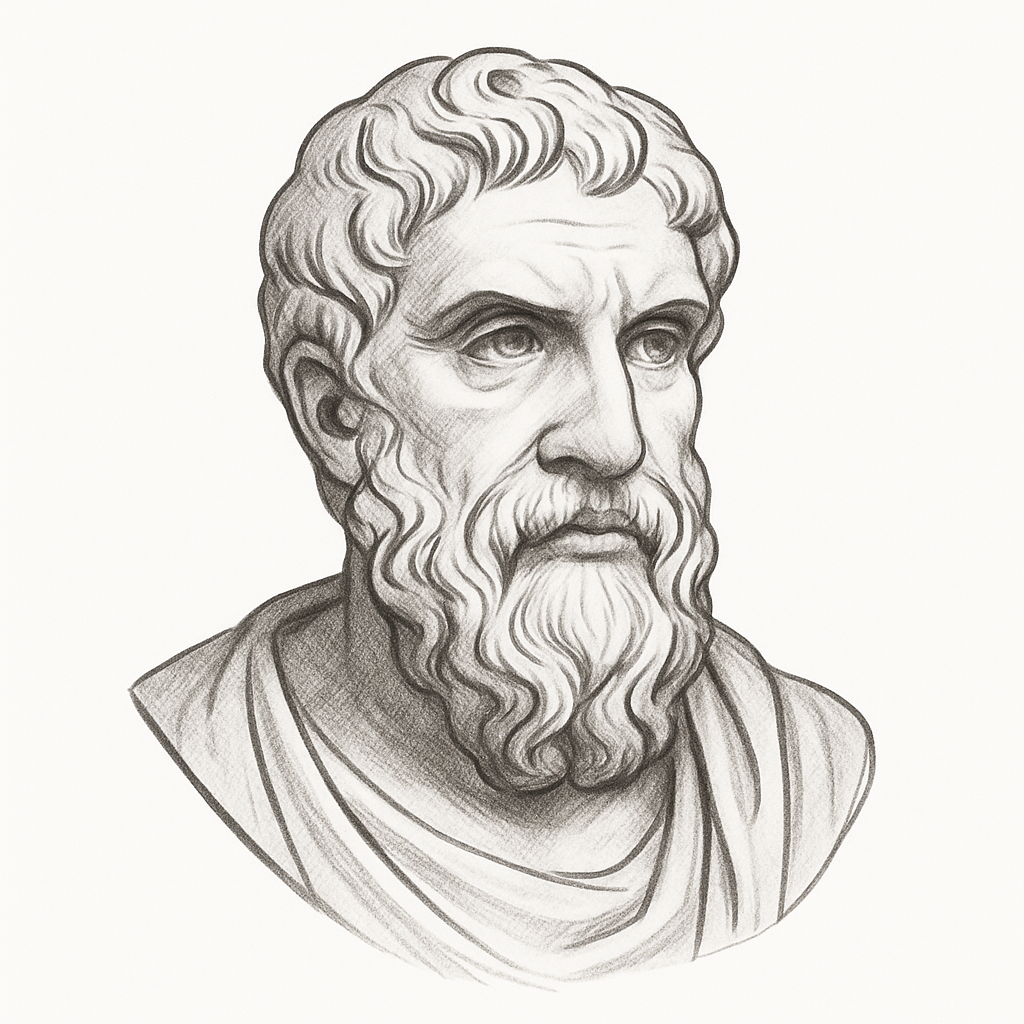Stoicism at Work: How to Stay Calm, Purposeful, and Ethical in Your Career
Stoicism, while not directly addressing "work" or "professional life" as modern concepts, provides a robust framework for navigating daily challenges, including those encountered in a professional setting, by emphasizing internal control and the practical application of philosophical principles. The core Stoic teaching centers on cultivating an inner state of resilience and virtue, independent of external circumstances.
A fundamental aspect of Stoic practice is the consistent application of philosophy to everyday life. Rather than engaging in purely theoretical discussions, the Stoic perspective encourages individuals to treat all aspects of their existence, including professional duties and interactions, as a "training ground" for their principles (Epictetus, The Discourses, Book 1, Chapter 4). This means striving to apply philosophical lessons to real-life situations, recognizing that "improvement comes only from practice" (Epictetus, The Discourses, Book 2, Chapter 16). Whether dealing with difficult coworkers or minor inconveniences, the Stoic aims to "practice virtue and maintain composure in everyday actions" (Epictetus, The Discourses, Book 1, Chapter 13), focusing on one's own reactions and character, which are within one's control, rather than the external behavior of others.
Managing stress and staying calm under pressure are also integral to the Stoic approach. The philosophy advocates for building a "deep, resilient contentment that strengthens you against life's challenges, not a superficial cheerfulness" (Seneca, Moral Letters to Lucilius, Chapter 23). Challenges are not viewed as misfortunes but as "opportunities to practice your principles and test your training" (Epictetus, The Discourses, Book 1, Chapter 29). This perspective fosters self-confidence forged through directly facing difficulties, as "strength of character is tested and forged through adversity, not in its absence" (Seneca, Moral Letters to Lucilius, Chapter 13). The goal is to "cultivate a resilient inner state aligned with nature, not to seek solutions for external problems or predict the future" (Epictetus, The Discourses, Book 3, Chapter 9). The emphasis here is on controlling one's internal response to external pressures, rather than attempting to control the pressures themselves.
Regarding criticism, Stoicism promotes using philosophy for "personal improvement, not as a tool to criticize others" (Seneca, Moral Letters to Lucilius, Chapter 103). This principle implies that when criticism is received, the focus should shift to what one can control: one's own character and actions. One should "train yourself to actively pursue difficult virtues while consciously restraining yourself from easy vices" (Seneca, Moral Letters to Lucilius, Chapter 123). This internal focus allows for constructive self-assessment in response to feedback, rather than allowing external judgments to disturb one's equanimity.
Finding meaning in one's work and balancing ambition with integrity can be understood through the Stoic prioritization of character improvement. Philosophy should be engaged for "daily self-improvement, aiming to leave each session a better person" (Seneca, Moral Letters to Lucilius, Chapter 108). This involves prioritizing "philosophical lessons that have a direct, practical application to improving your character over purely theoretical debates" (Seneca, Moral Letters to Lucilius, Chapter 109). Therefore, meaning in work stems from the opportunity it provides to practice virtues and develop one's character, regardless of the specific tasks involved. Ambition, when guided by Stoic principles, would be tempered by integrity, focusing on what is within one's control – one's effort, character, and ethical conduct – rather than external outcomes like promotions or recognition. The Stoic perspective also acknowledges that "life requires change, separation, and movement," and that individuals are meant "to adapt to our changing roles" (Epictetus, The Discourses, Book 3, Chapter 24), which can provide a framework for adapting to evolving professional responsibilities while maintaining a consistent internal moral compass.
In essence, Stoicism teaches that while the specifics of one's professional life, including coworkers, external pressures, and outcomes, are largely outside of one's direct control, one's response to these elements, one's character development, and one's inner state are entirely within one's control. It is through the consistent and practical application of this understanding that an individual can navigate the complexities of professional life with equanimity and purpose.
Key Passages
Would you really know what philosophy offers to humanity? Philosophy offers counsel.— Moral Letters to Lucilius by Seneca
Practice, man, if you are irritable, to endure if you are abused, not to be vexed if you are treated with dishonour.— The Discourses by Epictetus
Disclaimer: Article generated using Memento Vivere AI tool, and is grounded solely in the works of Epictetus, Seneca and Marcus Aurelius. For informational purposes only. Not a substitute for professional advice.
